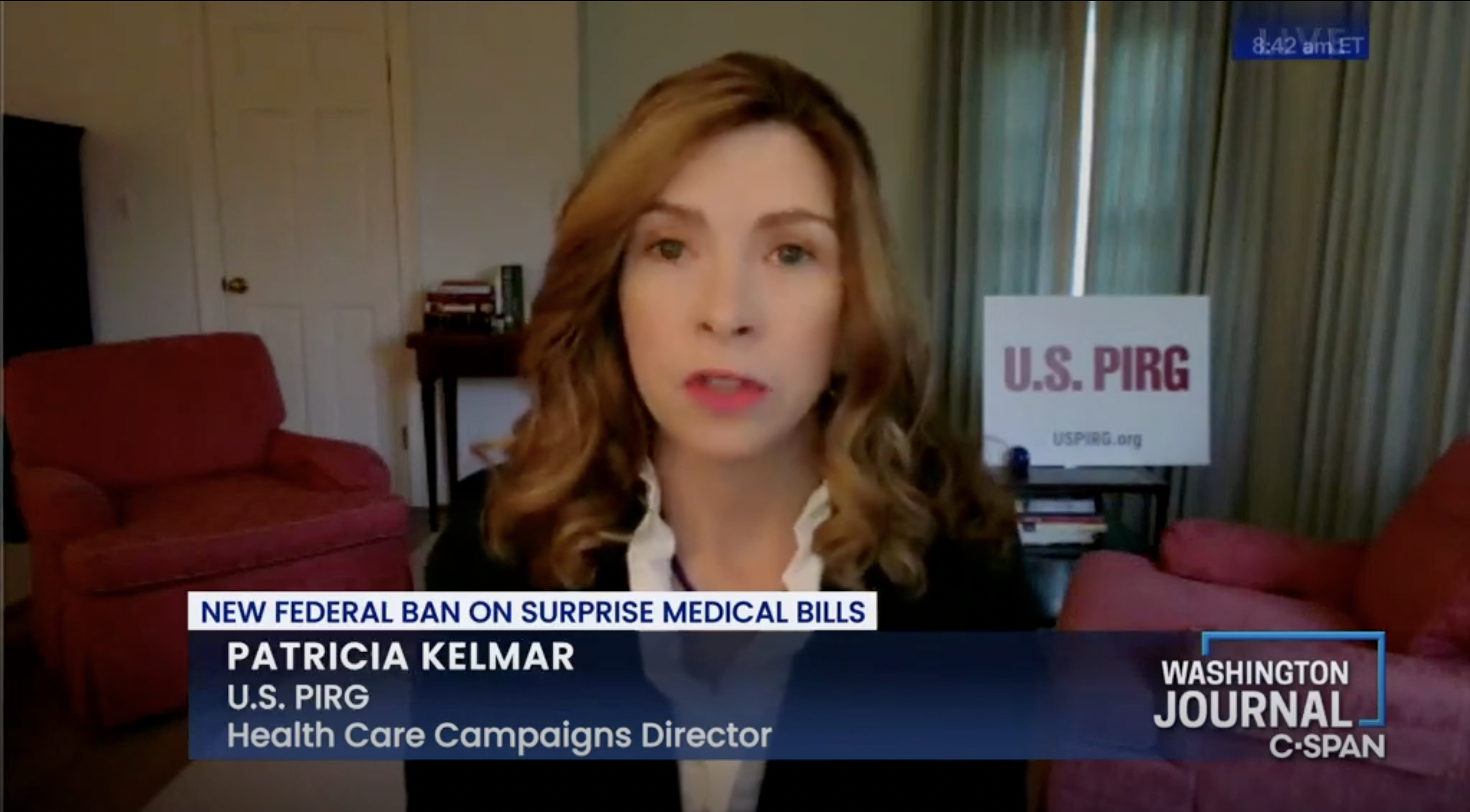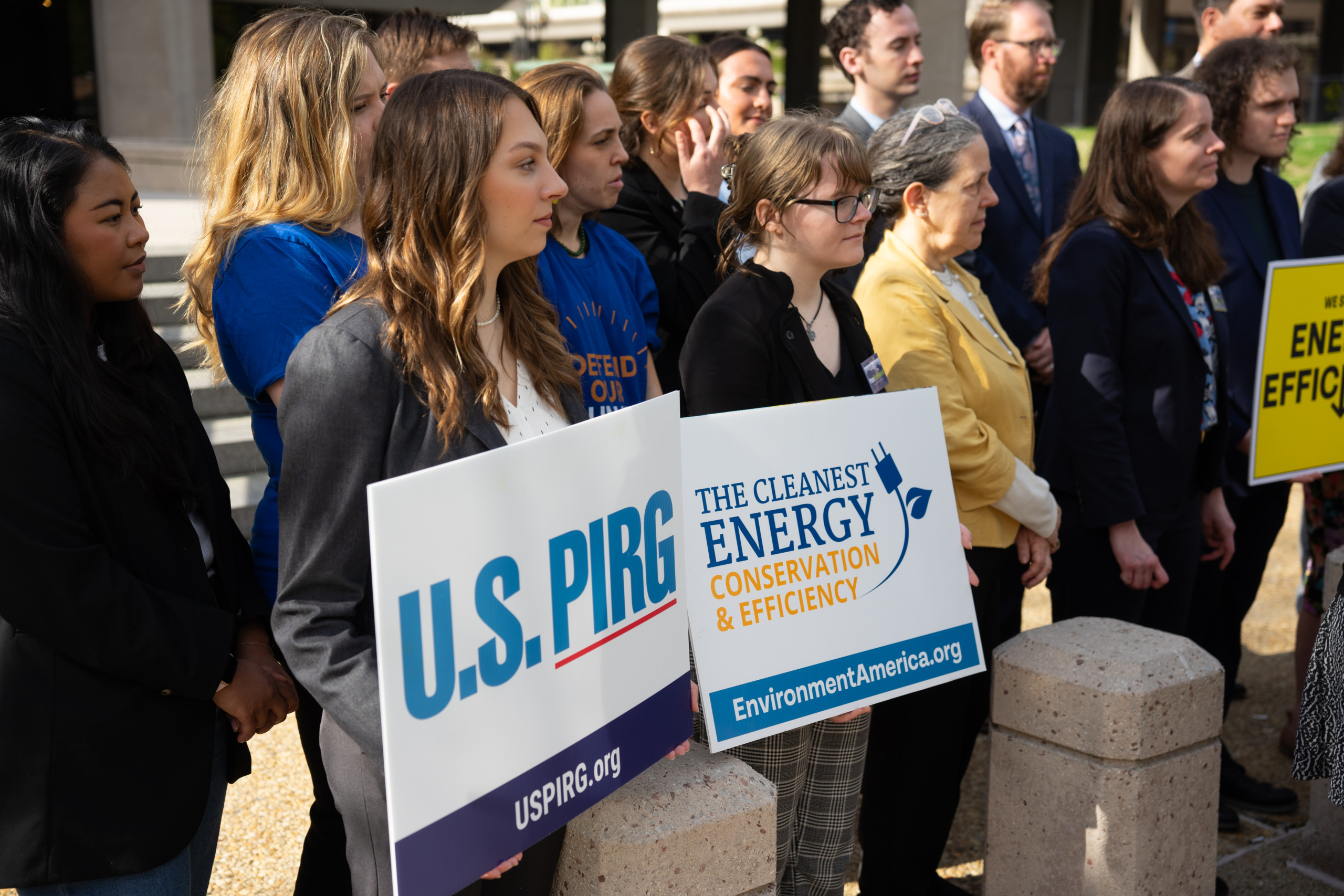
Creating competitive prices for prescription drugs developed using tax-payer dollars
High priced drugs that face no competition can raise their prices without fear of losing market share. Patients and our health insurance plans end up picking up the hefty tab. But an announcement by the Biden administration indicates there is a limit to how high a drug price can go, if the drug was developed using tax-payer funds.
The Biden administration announced a call for feedback on guidance which would help federal agencies introduce competition on high-priced drugs that were developed through government-supported research. The 1980 Bayh-Dole Act gives the government “march-in” rights, or the right to grant licenses of publicly-funded inventions to third parties “when the benefits of the invention are not available to the public on reasonable terms.” By licensing a high priced drug to other manufacturers, patients and plans could see prices drop as the companies compete. To date, no agency has used the “march-in” authority. The new guidance might make it easier to do so: the government would be able to consider price as a factor when deciding whether to grant licenses to other drug companies to make the same prescription drug.
The new guidance could have far-reaching implications. The National Institute of Health (NIH), just one agency that funds drug research, contributed to research associated with every new prescription drug approved in the last decade, totaling $230 billion. The guidance would open the door to allow competition on some of our most expensive drugs from the last ten years.
Last year, PIRG worked with a coalition to petition NIH to “march-in” on a prostate cancer drug Xtandi® because of its exorbitant price – $189,800 (the wholesale price per patient annually). The NIH declined the petition earlier this year. The President’s announcement gives us hope that new guidance will encourage NIH to reconsider its power and use the march-in rights for Xtandi and other over-priced medications that are out of reach to patients across the United States. PIRG will be submitting comments on the President’s proposal to represent patients and their need for competitively-priced prescription drugs.
See the Campaign

High Value Health Care
Topics
Updates

How bad is air pollution in Colorado?

Over 90 organizations to Best Buy: Do more to educate your customers about the health risks of gas stoves

Energy Conservation & Efficiency
Groups urge Biden to ‘Finish the job’ on appliance efficiency

Energy Conservation & Efficiency
Transformer efficiency rule leaves energy savings on the table

